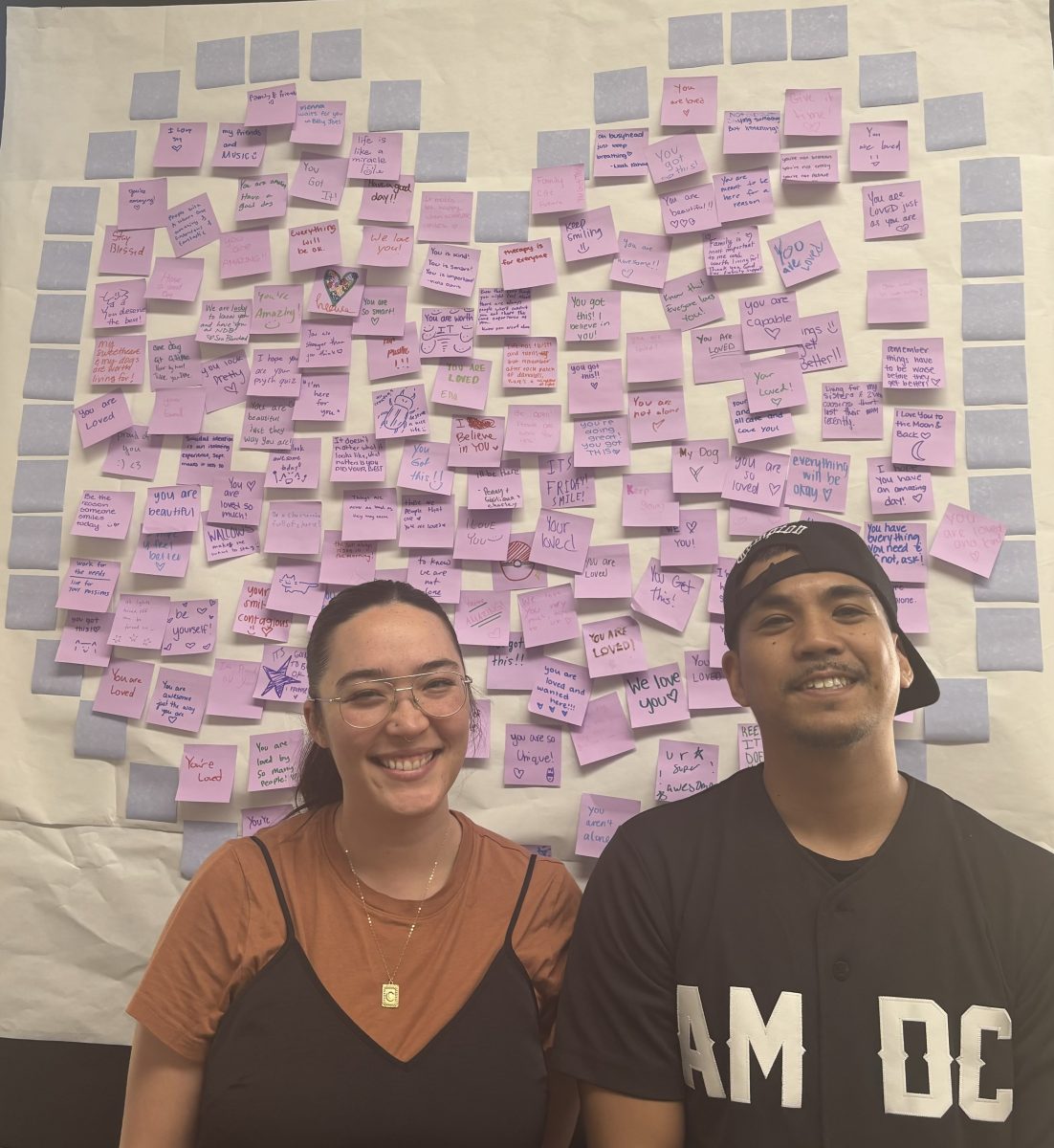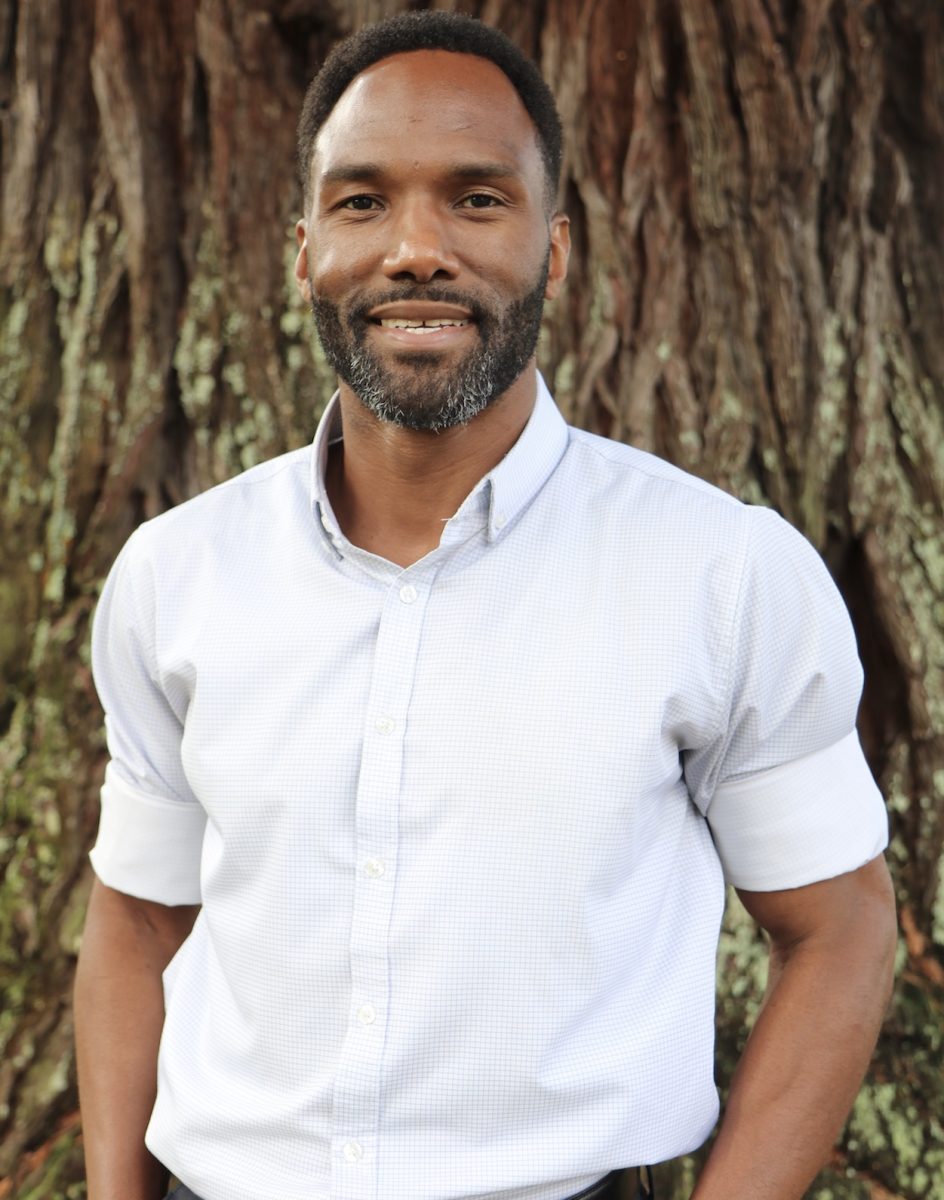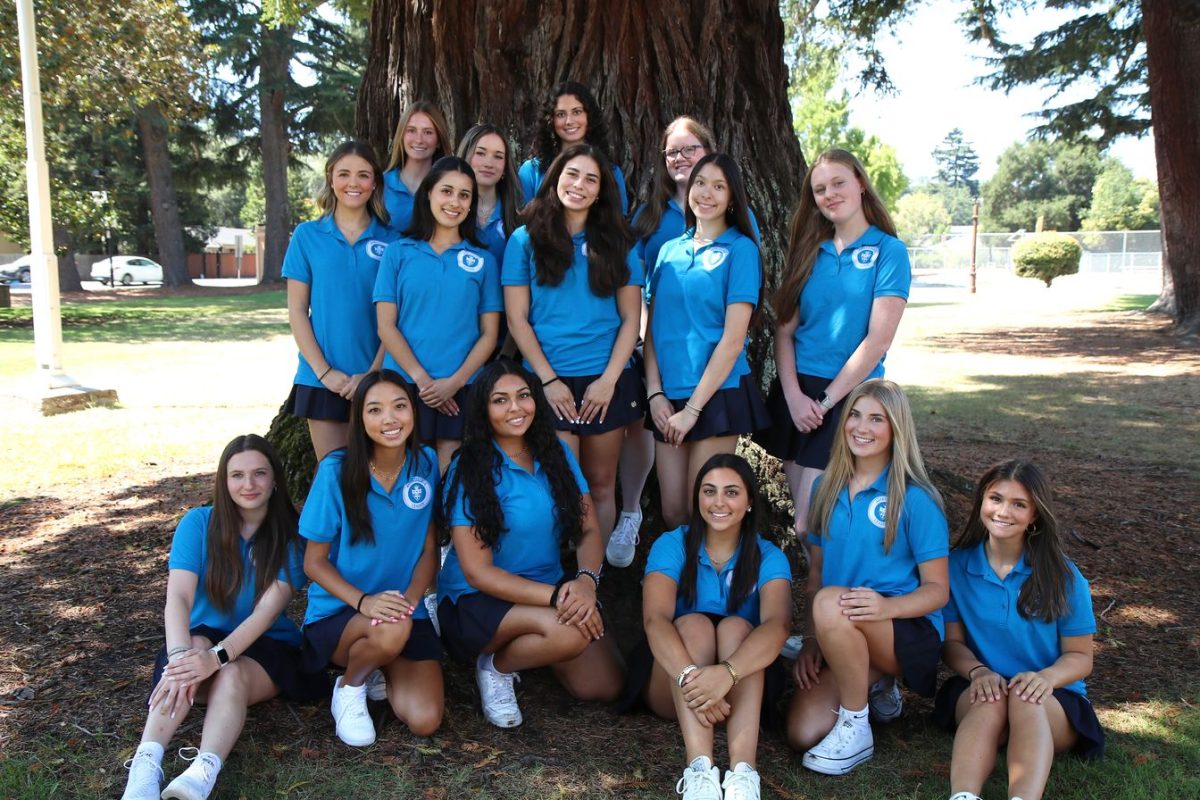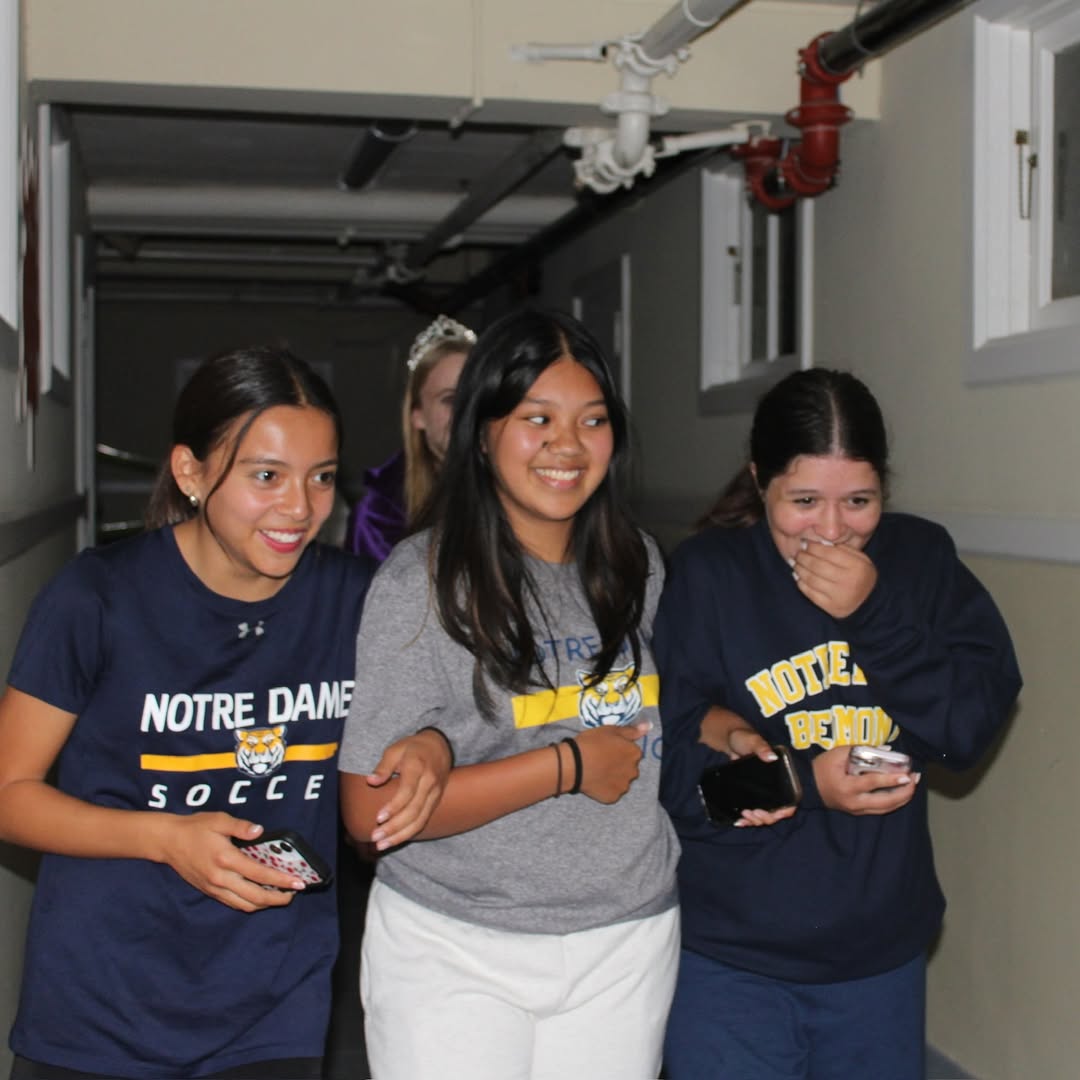The importance of maintaining mental well-being in a school environment is a widely discussed topic in society. However, at NDB, this issue is not discussed in detail.
World Mental Health Day falls on October 10, established by The World Federation of Mental Health. This day is an opportunity to raise awareness and understanding of mental health issues on a global scale.
People often inquire about the definition of mental health and Christina Christenson, one of NDB’s school counselors, describes mental health as the impact of one’s thoughts and emotions on their responses to the world and their overall emotional state.
When asked about prominent issues surrounding mental health in teenagers, Christenson explained, “I think, as a teenager, in this day and age, you’re experiencing many different things that other generations experience differently. So kind of obvious, but social media is a really big factor in teenage mental health because of the expectations or social dynamics that come along with that.”
Christenson is a strong advocate for a more comprehensive understanding of mental health and its effects on our bodies. She emphasizes the urgent need for more education, not just for the current generation, but also for older ones.
Christenson advises that individuals can improve their relationship with mental health by acknowledging that they should try to focus on the things they have control over and not solely on the negatives in their lives. However, she notes that improving one’s mental health may not be something one can accomplish alone.
“Mental health is definitely something that doesn’t just take one person to improve. It takes yourself and your resources so the people around you can help with that [mental health],” said Christenson.
For some, especially freshmen in high school who may not have established a wide social circle, the concept of seeking help from others during a time of need can be particularly challenging.
Freshman Audrey Johnson feels that some freshmen struggle with mental health issues derived from the stress of making new friends and becoming part of a new environment.
From her own experience, Jhonson says, “I think, honestly, it’s pretty easy to find friends. It’s just finding friends you’re a good match with and finding friends that are right.”
Sophomores also have a unique perspective on the importance of mental health within school.
Sophie Hu, a sophomore, highlights the academic stress of transitioning to sophomore year. The increased academic workload, participation in sports and, in some cases, leadership responsibilities can affect the mental health of sophomores. For instance, the pressure to excel academically, the struggle to balance academics with extracurricular activities and the fear of not meeting expectations can all contribute to this stress.
While acknowledging the support of teachers and counselors, when asked if she feels that the toll the academic jump takes on sophomores’ mental health is overlooked, Hu describes, “I think the school doesn’t really talk about mental health enough, because I think they should definitely be hosting more self-care events. Honestly, besides mental health day, I’ve never heard them talking about taking time off for yourself and things like that.”
One of three school counselors, Allan Gargaritano, highlights that NDB could better support and care for students’ mental health.
“I guess we can have better conversations with teachers about when they plan their tests and projects. . . . Because, on top of great teachers and a lot of things they can accomplish, you definitely could always spend more time figuring ways to make students happy,” said Gargaritano.
Gargaritano also stresses that while mental health has received more attention recently than in previous years, there is still much work to be done.
“I know that it’s [mental health] actually a more talked about thing, but I don’t think that conversation will ever be enough. I think we should always continue to preach self-care as counselors; it’s our job to continue this conversation,” said Gargaritano.
The idea of advancing the conversation about mental health is also important to Junior, Lily Logan.
Logan believes that her peers are very aware of mental health issues, but she still feels that there may be a stigma around the subject. Some people may have a hard time empathizing with those who are struggling because it can be difficult to understand their situation.
Logan also emphasizes that Junior year is notoriously known for being the most intense and stressful, with an increase in academic workload that can impact many individuals’ mental health.
She highlights that it is often difficult for Juniors to have time to prioritize their mental health because of their school and extracurricular commitments, as well as their heavy workload. Despite the demanding workload, Logan believes it is crucial for individuals to allocate time to take care of themselves.
“I think it’s important to take care of your mental health because I think you want to be putting like your best self out there and I think if you’re not taking care of your mental health, you’re not going to be as happy, you’re not going to be as successful in all aspects of life. And so I think making sure that people are aware of their mental health and just kind of checking in with themselves every once in a while is important so they can be the best they can be,” said Logan.
The sentiment of not having enough time to prioritize one’s mental well-being is prevalent across all classes, particularly among seniors burdened with the additional workload of college applications. In addition to their regular responsibilities, college applications bring about a new kind of stress, causing seniors to doubt their worth and negatively impacting their mental health.
“It’s always kind of just like questioning yourself, like, is this good enough? Is this good enough? Is this good enough? This cannot be healthy, but you want to present the best part version of yourself, and so you’re constantly doubting yourself. So it’s a lot, it is hard,” said Senior Sianna Kiebler.
With this new stress, Kiebler emphasizes the importance of giving seniors grace and patience while also helping make mental health a collaborative effort. She believes that positive reinforcement and constructive feedback from peers would benefit all high school students.
While there is still work to be done, NDB students and faculty are acutely aware of the importance of prioritizing mental well-being. Individuals must take time out of their day to check in on themselves and others and to allocate time for activities they enjoy. Despite it not always being seen as a top priority, students and teachers must remember that good mental health is essential for a happier lifestyle.


















